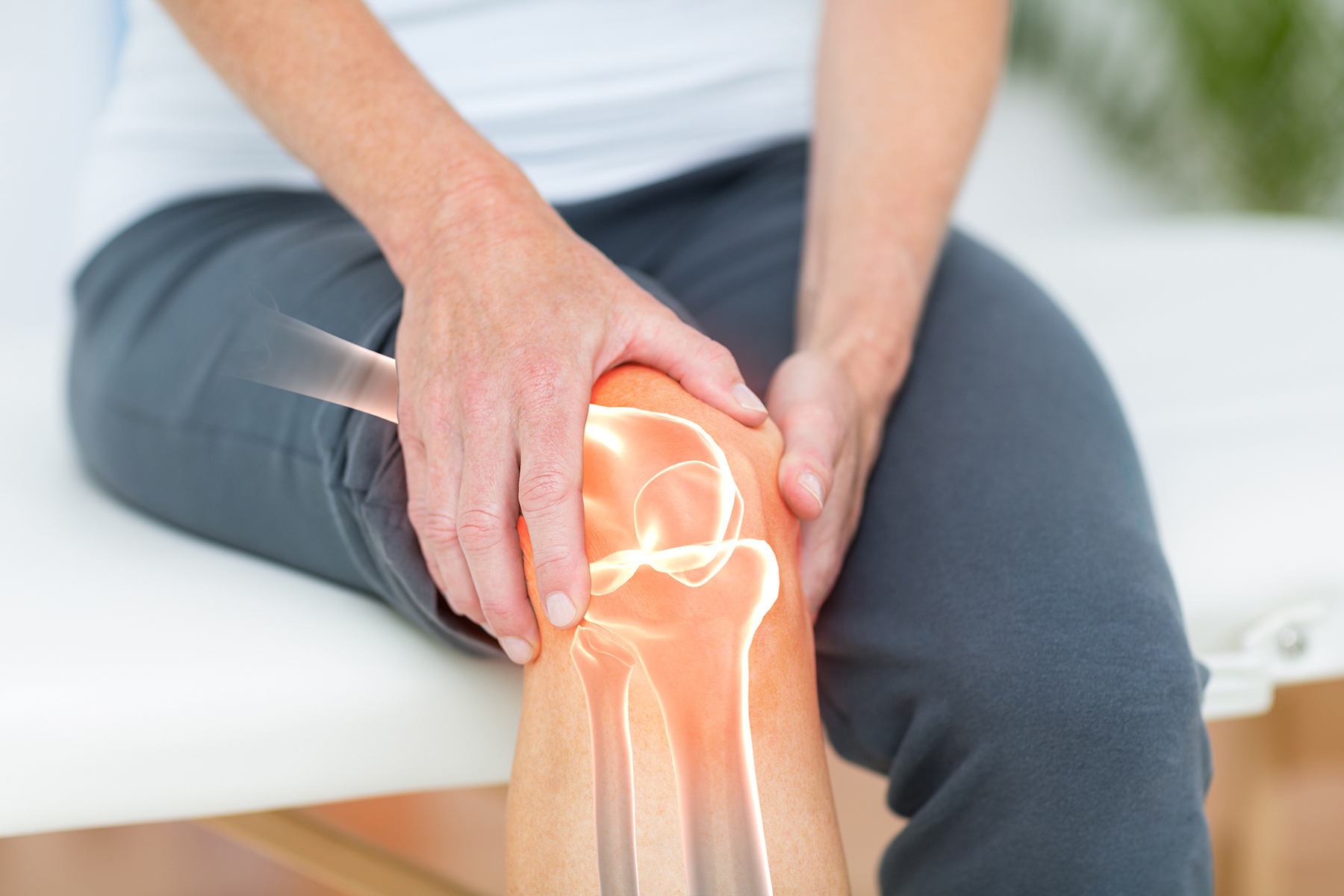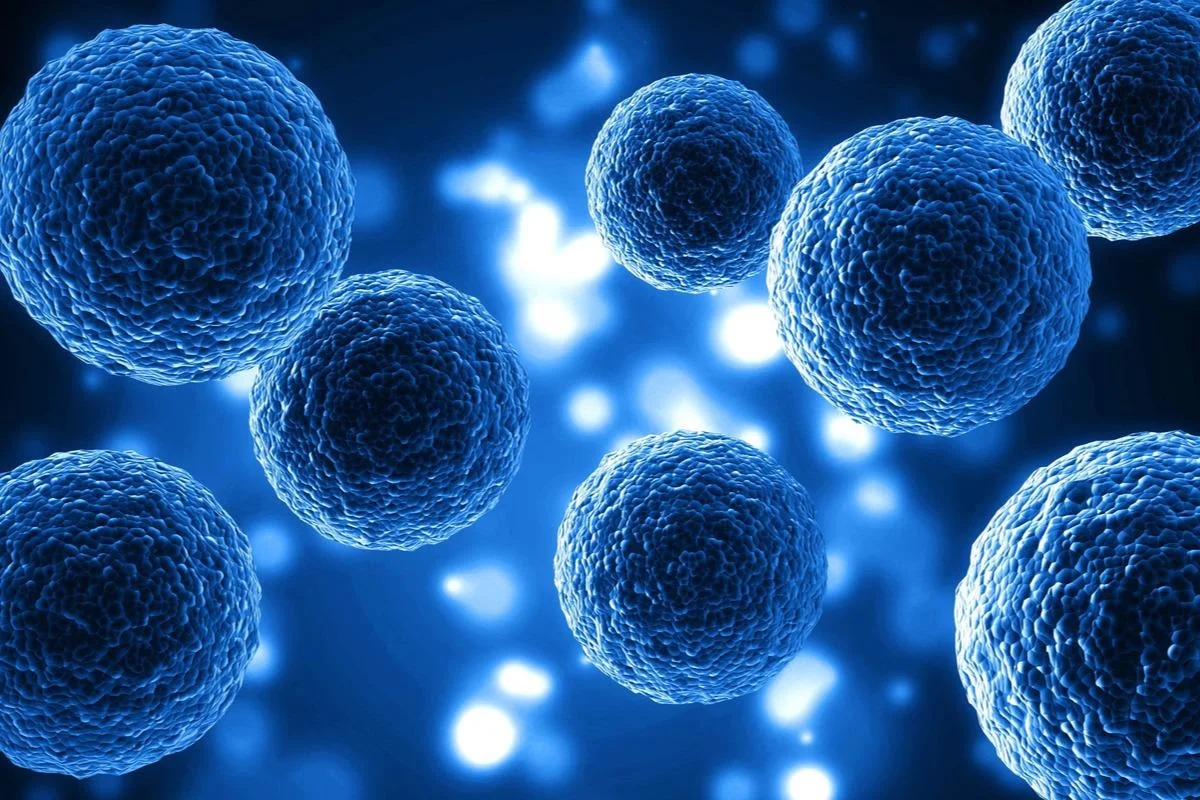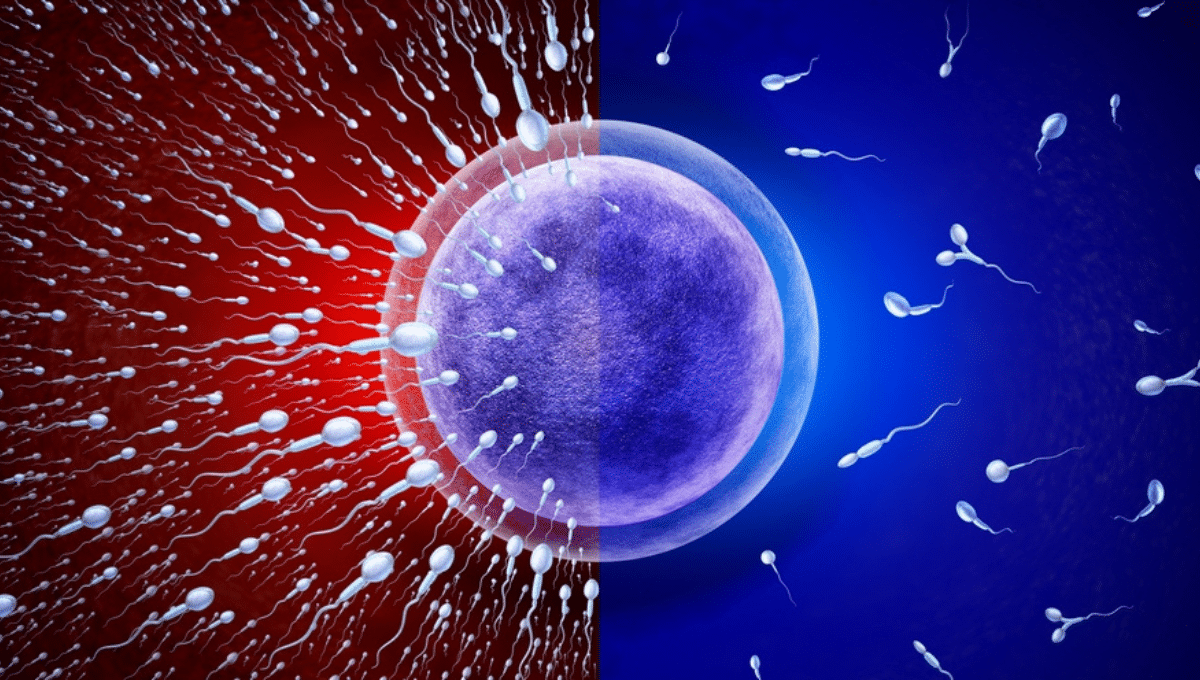- Home
- About Us
- Book Appointment
- Treatments
- Alzheimer’s Disease
- Anti-Aging
- Autism
- Autoimmune Disorders
- Back Pain
- COPD
- Crohns Disease And Ulcerative Colitis
- Erectile dysfunction and Penis enlargement
- Fibromyalgia
- Hip Pain
- Knee Pain
- Lupus
- Lyme Disease
- Multiple Sclerosis
- Muscular dystrophy
- Parkinsons Disease
- Peripheral And Diabetic Neuropathy
- Post Cancer Treatments
- Post Stroke Recovery
- Psoriasis
- Rheumatoid Arthritis
- Shoulder Pain
- Join The Club
- Aesthetics
- Blog
- Contact Us
Stem Cell Therapy For Psoriasis
As per the World Psoriasis Day consortium, approximately 125 million people worldwide, accounting for nearly two to three percent of the population, have been suffering or diagnosed with Psoriasis. If you are one of them or know someone who is dealing with this immune-mediated dermatological condition, then we have some good news for you! While you are aware that traditional treatments merely offer temporary relief without providing a cure, stem cell therapy is a promising Psoriasis treatment breakthrough. Regenerative medicine in the form of stem cell treatment can provide you relief from its symptoms and help you lead a normal life. Schedule a consultation with us to discover how cell therapies are offering a ray of hope for a potential cure for this chronic skin condition.
Know More About Psoriasis
Explore how Life Altering Stem Cell Therapy Institute is providing safe and empathetic treatment to support Psoriasis patients.
Psoriasis is a chronic, non-contagious, autoimmune disorder marked by scaling and inflammation on the skin resulting from excessive cell growth. Due to this ailment, red rashes and white scales can manifest on various body parts, especially on the elbows, knees, scalp, nails, etc. Ordinarily, the skin undergoes a gradual renewal process, with cells shedding approximately every four weeks and being replaced by new ones. However, in psoriasis, this natural cycle is disrupted and leads to the rapid movement of new skin cells to the surface within just a week. This causes skin inflammation and patients experience itching, dryness, and scaly rashes, on the skin.
In particular, T cells, a special type of immune cell, release inflammatory proteins (cytokines) within the skin. As a reaction to this protein release, the body produces new skin cells at an accelerated rate which surpasses the normal rate, leading to the formation of lesions and plaques. Psoriasis can be of various types, each presenting distinctive characteristics and each type requires tailored treatment and care for effective management.
- Pustular psoriasis – It is a rare type that displays pus-filled blisters in widespread patches or on the palms and soles.
- Plaque psoriasis – It is the most common type marked by itchy, dry, scaly patches on areas like the scalp and joints.
- Guttate psoriasis – This type affects children and young adults where drop-shaped spots resulting from bacterial infections.
- Nail psoriasis – It specifically impacts nail health, causing pitting, discoloration, and abnormal growth.
- Inverse psoriasis – It affects skin folds with smooth, red patches aggravated by factors like sweat and friction.
- Erythrodermic psoriasis – It is the rarest form that presents a peeling and itchy rash covering the entire body.
While the triggers of Psoriasis can vary from one case to another, the following are common symptoms we’ve outlined:
- Recurrent skin rashes that intensify over a few weeks or months before gradually subsiding
- Patchy scaly skin across the body
- Small white scaling spots
- Scalp exhibiting dandruff-like scaling
- Dry skin prone to cracking and bleeding
- Sepsis
- Itchiness
- Soreness
The symptoms temporarily ease before resurfacing and therefore, it is advisable to get yourself checked for Psoriasis if you are experiencing any of these symptoms. To manage Psoriasis symptoms and find relief from Psoriasis, our regenerative cell therapy using human umbilical cord tissue-derived mesenchymal stem cells is known to be a relatively safe and effective treatment.
The exact cause of Psoriasis remains incompletely understood. However, it can be ascertained as an immune system malfunction where infection-fighting cells mistakenly target healthy skin cells. Research on Psoriasis education and awareness has concluded that a combination of genetic and environmental factors contributes to its development. It is also important to note that Psoriasis is not a contagious condition.
The following factors have been identified by medical experts as common Psoriasis triggers –
- Skin infections
- Sore throat caused by streptococcal infection
- Weather or environmental factors, particularly cold and dry conditions
- Skin injuries, such as cuts, scrapes, bug bites, or severe sunburn
- Smoking and exposure to secondhand smoke
- Excessive alcohol consumption
- Certain medications, including lithium, drugs for high blood pressure, and malaria
- Abrupt cessation of oral or injected corticosteroids
A dermatologist can easily diagnose Psoriasis by examining the skin of the patient. This test is known as a skin biopsy where a small area of your skin is removed and examined under a microscope to confirm whether you have Psoriasis.
When a Psoriasis patient reaches out to us for stem cell treatment, he or she is asked to submit an online application form mentioning the persistent symptoms, time of the onset of the symptoms, past illness, surgeries, medical histories, family history, allergies, etc. This information in this form helps our medical experts and stem cell specialists to understand your condition better, assess the severity of Psoriasis, and plan the ideal treatment protocol for you. A proper diagnosis of your condition and a comprehensive medical history allows us to curate a cutting-edge and personalized Psoriasis treatment only for you.
At Life Altering Stem Cell Therapy Institute, mesenchymal stem cells are collected from the human umbilical cord donated by healthy mothers after a baby’s birth. These are new cells found in Wharton’s Jelly and have distinct properties that make them an ideal choice for Psoriasis treatment. It eliminates the severity and complexity of systemic immune-mediated or autoimmune disorders like Psoriasis.
Using human umbilical cord tissue-derived Mesenchymal stem cells (HUCT-MSCs) have the following benefits –
- They are capable of self-renewing and rapid cell division and their regenerative properties aid in quick healing of skin damaged by Psoriasis.
- Administration of HUCT-MSCs induces cytokine production which regulates the activity and growth of the immune system cells in the body.
- HUCT-MSCs prevent further damage to the skin and reduce skin darkening (Acanthosis) and inflammation.
- They are capable of fighting off pathogens, foreign invaders, and infections by restoring and boosting the production of Th1 and Th17 lymphocytes.
- Stem cell therapies are a minimally invasive procedure and are a safe treatment option for Psoriasis patients.
- The recovery time is faster and there are zero to minimum chances of any potential side effects.
- Mesenchymal stem cells of the human umbilical cord are undifferentiated cells, and hence, there is no risk of cell rejection by your body.
After properly examining your condition and studying the severity of the Psoriasis condition, we determine whether a patient is suitable for stem cell treatment. Various factors influence the decision of whether you are an ideal candidate for receiving stem cell therapies. These include the patient’s age, height, weight, past medical records, medical histories, any experience with chemotherapy, surgeries, etc.
After considering all the above-mentioned factors, if you seem suitable for the treatment, our doctors will prepare a recommended treatment protocol which will be conveyed to you by our patient coordinators. In general, intravenous infusions of HUCT-MSCs are done at our institute, and stem cells are administered at frequent intervals during the entire treatment course. The intravenous injection of stem cells usually takes an hour or two.
With our advanced Psoriasis stem cell treatment in Mexico, patients are expected to experience positive results after two to three weeks. The prominently visible results that a patient is expected to notice after getting stem cell therapy for Psoriasis are –
- Reduction of symptoms, especially clearing up of all the skin rashes.
- Less or no reaction to Psoriasis triggers.
- Less occurrence or frequency of flare-ups.
- Cell therapies help the skin to regenerate and heal in a natural process.
- The damaged skin tissues slowly get replaced by new and healthy collagen fibers.
- The normalization of the immune system occurs.
- A sharp decline in the concentration of antiviral antibodies.
- Decrease in the inflammatory activities and the process continues till complete elimination.
Life Altering Stem Cell Therapy Institute in Mexico is helmed by a highly qualified and experienced team of stem cell specialists and physicians. We use potent mesenchymal stem cells collected from the human umbilical cord (Wharton’s Jelly) to help Psoriasis patients not just cope with the condition but also to improve their quality of life. We promise to empower Psoriasis patients with our exceptional quality of regenerative medicine therapies. When you come to us for stem cell treatment, we assure you of certain benefits.
- Improvement of the immune system and reduction in Psoriasis symptoms.
- Painless, safe, and non-surgical procedure.
- Speedy recovery in patients post-treatment.
- Personalized care and compassionate Psoriasis treatment
Psoriasis stem cell therapy cost can vary from one individual to another because it relies on several factors such as the type of stem cells used in the treatment, quality of cells, number of cells, and source of stem cells. Furthermore, the patient’s needs and severity of the Psoriasis condition influence the total cost of treatment.
However, compared to other countries, treatment cost in Mexico is much cheaper and hence, is now a leading destination for reliable, safe, and affordable stem cell therapy for Psoriasis. If you want to know the exact cost of the treatment at Life Altering Stem Cell Therapy Institute, you can contact our support team directly and get an estimate.
Our responsibility does not end with administering stem cells to our patients. We are your steady partner in your health journey and will remain by your side until you get relief from the symptoms and start feeling better. By checking up on you in regular follow-up sessions, we monitor the progress of your health after the treatment and how your body is reacting to the therapies.
After you return home, our patient coordinators will follow up at frequent intervals, offer assistance, and also provide answers to all your queries.
Medical Research And Articles
Know everything about stem cells and the recent advancements in the field of stem cell research in our latest articles.
Frequently Asked Questions
We have answered some common questions our patients have regarding stem cell therapy for Psoriasis.
Is there any 100% cure for Psoriasis condition?
In the realm of medical treatments, attaining a 100% cure is a rarity, and stem cell therapies are no exception to this rule. However, stem cell treatment has very high efficacy and can help manage the severity of Psoriasis symptoms and improve quality of life.
What is the permanent treatment solution for Psoriasis?
At present, there is no permanent cure for Psoriasis but the right medication and therapies, especially regenerative cell medicine therapy can help reduce Psoriasis impact and allow patients to achieve remission.
Which organs are most affected by Psoriasis?
Psoriasis directly and majorly affects the skin first but gradually as the condition becomes more severe, it can impact other body parts and organs like eyes, heart, stomach, liver, kidneys, etc.
Which therapy is considered best for Psoriasis?
As per the experts’ opinion at our institute in Mexico, stem cell therapy using human umbilical cord tissue-derived mesenchymal stem cells is the most effective and proven Psoriasis treatment. It not only eases the symptoms but slows down the progression of the disease by regenerating healthy cells. It boosts production of T cells which prevents self-immunological attack on the healthy cells of your body.
Which types of treatment are offered by your clinic in Mexico?
At Life Altering Stem Cell Therapy Institute, we provide comprehensive treatment and holistic care for a range of diseases starting from autoimmune disorders (Rheumatoid Arthritis, Psoriasis, Multiple Sclerosis, Lupus,) anti-aging treatment, knee pain, back pain, hip pain, Crohn's disease, Parkinson's disease, Autism, Alzheimer's disease, neuropathy pain, erectile dysfunction, muscular dystrophy, COPD, Lyme disease, and post-cancer and stroke recovery treatment.











